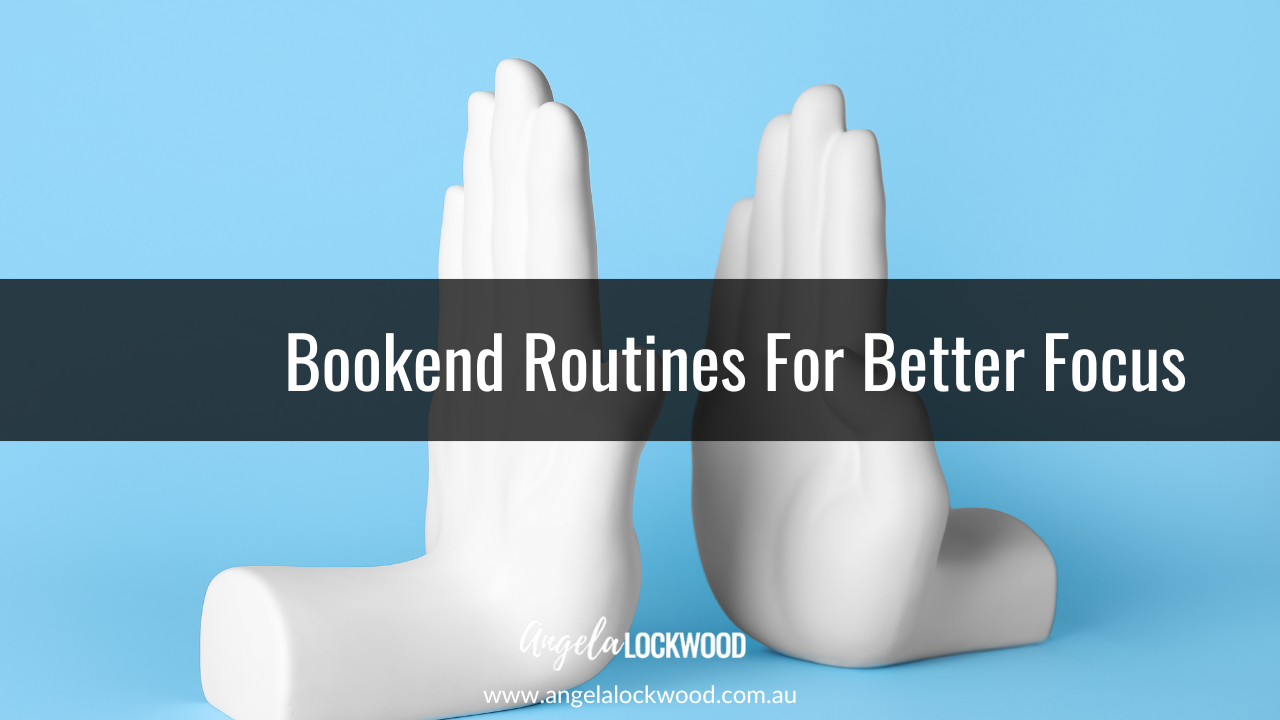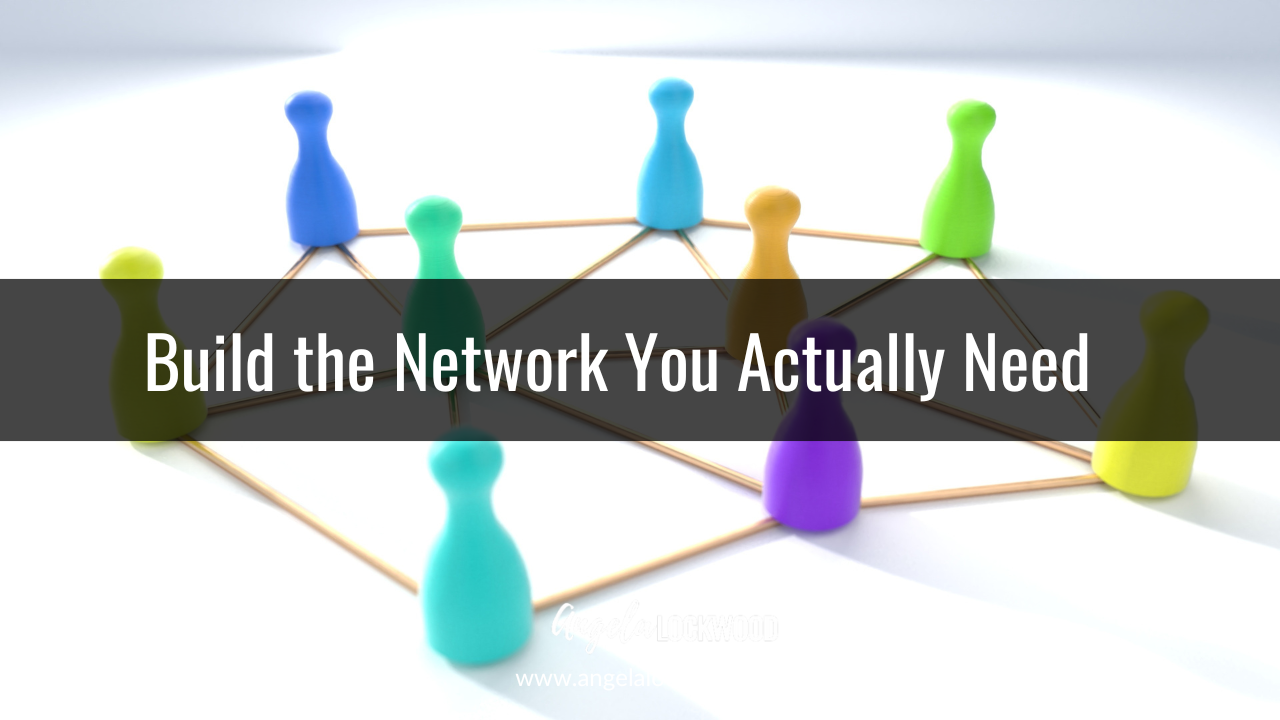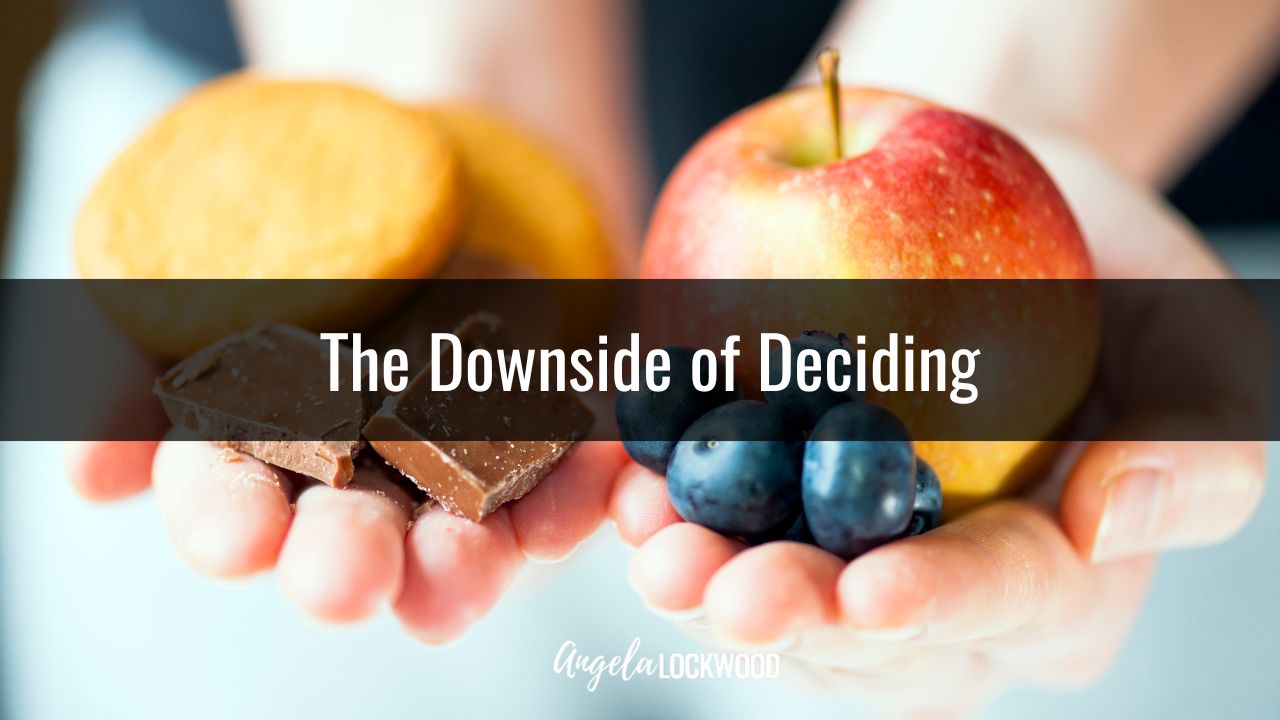Stepping Up for Better Brain Health
May 21, 2024
I recently had the privilege of chatting with Olivia Nassaris, Chief Executive Officer of Parkinson’s Australia, on the latest episode of "Distracted." Parkinson's Australia: Stepping up for better brain health. The conversation struck a personal chord for me. In 2016, my dear Mum was diagnosed with a neurological condition, a development that, while not entirely unexpected given our family history (her sister also has Parkinson’s), brought a wave of emotions and a pressing need to understand more about the condition and its potential impact on my own health.
As Mum’s journey with the disease continues, I find myself deeply invested in learning about Parkinson's and ways to fortify brain health. While it’s not solely a genetic condition, there are familiar links, and coupled with my own history of a head injury, nurturing my brain’s well-being has become a priority.
Parkinson's Disease is a global concern, affecting over 10 million individuals and growing rapidly. Here in Australia 50 people will learn every day they have Parkinson’s Disease and this number is expected to rise. Parkinson’s is the second most common neurological disease in Australia after dementia.
Often equated as affecting only elderly people, Young Onset Parkinson’s makes up 10 to 20% of all people living with Parkinson’s. They are diagnosed in their 20s to 50s.
It’s a complex neurological disorder that doesn’t just impair movement but also impacts various aspects of daily life. Some common symptoms include:
- Tremors
- Bradykinesia
- Rigidity
- Postural instability
- Impaired coordination
- Freezing
- Speech changes
- Micrographia
- Facial masking
- Dysphagia
- Loss of automatic movements
- Non-motor symptoms like depression, anxiety, and cognitive changes
Each of these symptoms carries its own emotional weight, witnessing a loved one gradually struggle with tasks they once mastered. Simple tasks become complex, tiring and at times impossible.
During our discussion, Olivia highlighted the significant gaps in access to care and services, particularly in rural and remote areas, exacerbating the challenges faced by those with Parkinson's and their caregivers. The uncertain trajectory of the disease brings immense anxiety to both patients and families, making support and resources all the more crucial.
Parkinson's is progressive, but its course varies widely among individuals. Early diagnosis and management are pivotal in enhancing quality of life. There are 3 steps we can all take to start to understand and provide needed support while research is taking place. As research is vital, there are families living with Parkinson’s right now who need help. We can;
1. Better Understand Parkinson's: Knowledge is power. By understanding the prevalence and nature of Parkinson's, we can take the first step towards proactive action. A great research is the Parkinson’s Australia website.
2️. Equitable Access to Care: Healthcare should be accessible to all, regardless of location or background. It's crucial to address the disparities in access to care, especially in rural areas. With the complexity of the condition, access to timely multi-disciplinary services is needed.
3. Supporting Carers: Behind every person with Parkinson's is a dedicated caregiver facing their own set of challenges. Recognizing the vital role of carers and providing them with the support they need is essential.
If you or someone you know is experiencing symptoms suggestive of Parkinson's, seeking medical advice promptly is essential.
For further insights into Parkinson’s Disease, visit Parkinson's Australia (https://www.parkinsons.org.au/).
I encourage you to tune in to the episode as we delve into Parkinson’s and strategies for nurturing brain health, a topic pertinent to us all. Parkinson's Australia: Stepping up for better brain
Yours in health,
![]()
P.S. Show your support for Parkinson’s research by participating in Stepping Up for Parkinson’s this May. Learn more or donate at [Step Up for Parkinson’s](https://www.stepupforparkinsons.org.au/).






